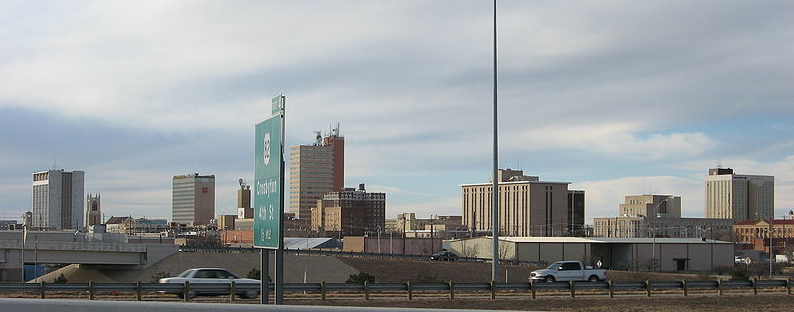My hometown of Lubbock, Texas is a humble one located in the state’s northwestern sector. Yet, despite its modest existence at first glance, the town is actually very deserving of its “Hub City” nickname, in that it encapsulates a rich history of economic, educational, and health care activity. Furthermore, the town is an incredibly significant, but typically overlooked origin point for some of pop culture’s most influential figures.
Here is a quick look at Lubbock’s history.
Rangers and mergers
Lubbock city was originally founded in 1867 as part of the much broader Lubbock County, to which it serves as county seat to this day. The county took its name from former Texas ranger Thomas Saltus Lubbock, the brother of Francis Lubbock, who served as the state’s governor during the Civil War. The original town of Lubbock went by several names, including Old Lubbock and North Town, but it was not until 1890 that “Lubbock” became the town’s official designation henceforth, following a merger with Monterey. A staple of this merger was the moving of Old Lubbock’s Nicolett Hotel to the new townsite.
Later developments
Lubbock officially became the seat of Lubbock County in 1891. The town went on to house a variety of regarded institutions including Texas Tech University (then Texas Technological College), Lubbock Christian University, and a branch of South Plains College. At one point, the town was even home to Reese Air Force Base, a key US Air Force base during World War II which has since been transformed into the Reese Technology Center. A growing economy gave way to a thriving “contiguous cotton growing region,” which to date remains the largest in the world. Generally, the town’s traditional business atmosphere has become regarded as one of its main strengths, with CNNMoney once naming the town the twelfth best place to start a small business.
More infamously, the town is known for a series of alleged UFO sightings dubbed the “Lubbock Lights.” These sightings caught national attention in media and are regarded as one of the first of their kind.
Big names in music
Lubbock is particularly known for its contributions to music history. The town is the birthplace of music legend Buddy Holly, and this is arguably its biggest claim to fame. Holly, who crafted one of the most storied legacies in rock and roll despite a short-lived career, frequented many Lubbock venues while attending school. After earning opening slots for Elvis Presley, Holly’s career was launched into the stratosphere, allowing him to release a string of beloved hit singles and form an equally successful side band (The Crickets) before his untimely death at the age of 22.
Today, the West Texas Walk of Fame honors Holly and other notable musicians from the area. Meanwhile, the annual Lubbock Music Festival carries on the town’s creative essence, showcasing new and undiscovered talent.

